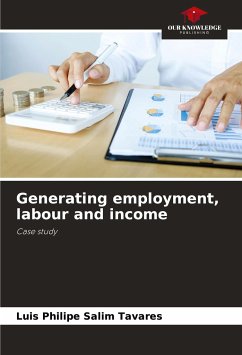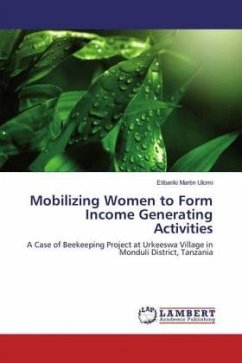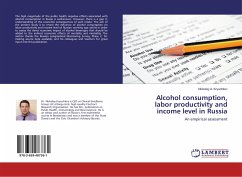Generating work and income has always been the goal of governments, as this is what stimulates consumption and consequently generates the increased tax burden that sustains governments. Nobrega (2012) demonstrates that innovations in Brazil in the 1980s began to encourage micro and small businesses: These initiatives promoted social entrepreneurship and a new type of business where the entrepreneur didn't need his company to be a holding company, but only to develop new ideas in a limited format. Initiatives such as those mentioned above have stimulated the development of the economy and as a result there have been advances on the national scene; More than 10 million Brazilians have left the poverty line; international risk agencies have started to recommend investments in Brazil; GDP has surpassed the 5% mark (annual growth), but the concentration of income is still accentuated, there is a huge gap that separates "the few rich" from "the many poor" (the richest 10% of the country concentrate 75% of national wealth). (NÓBREGA, 2012, p. 11).
Bitte wählen Sie Ihr Anliegen aus.
Rechnungen
Retourenschein anfordern
Bestellstatus
Storno








